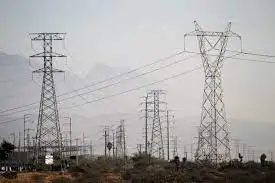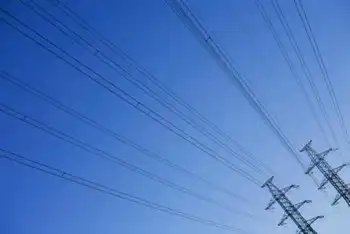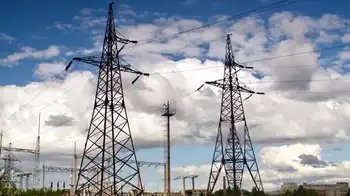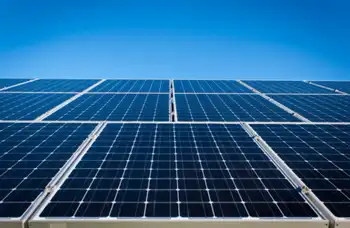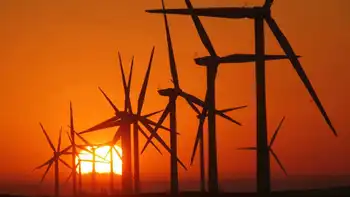German protesters object to nuclear extension
By United Press International
CSA Z462 Arc Flash Training - Electrical Safety Essentials
Our customized live online or in‑person group training can be delivered to your staff at your location.

- Live Online
- 6 hours Instructor-led
- Group Training Available
A smiling red sun printed on large yellow banners and around it the words "Nuclear power? No thanks!" It's Germany's oldest anti-nuclear slogan, drafted during the 1980s when the movement against the controversial energy sources was at its height but it was sported by thousands of protesters who traveled to Berlin. While organizers said around 100,000 people attended the protests past Merkel's chancellery, police officials put the number at around 40,000.
In any case, the protests are the largest sign of resistance yet to the government's plan to extend the life of the country's 17 reactors for another 12 years on average beyond the previously scheduled 2021 deadline.
"This is a signal," Claudia Roth, the head of the opposition Green Party, the group that championed the anti-nuclear movement in Europe, told German news channel N-TV.
The opposition says the current agreement, struck after marathon talks in the chancellery, is but a gift to the country's four main utilities - Eon, RWE, EnBW and Vattenfall Europe.
Sigmar Gabriel, a former environment minister who leads the opposition Social Democrats, called for a national referendum to decide the nuclear issue.
"Angela Merkel's nuclear deal is driving people into the streets because it is a stimulus program for political disaffection when the head of a government cuts a backroom deal with four energy bosses that's worth hundreds of billions of euros and safety issues for old nuclear plants are sorted out on the side," Gabriel told Spiegel Online. "Those dealings should all be public.... It would be best if the people could vote on the lifespan extension in a referendum."
The government says it wants to keep nuclear in the mix as a stable, reliable and cost-effective energy source until renewables can take over completely.
The plan to keep nuclear in the mix is one of several steps laid out in the government's new energy policy strategy paper, an ambitious bill Merkel wants the Parliament to green light this fall.
The strategy update, long called for by energy experts, sets out nine points to achieve "a clean, reliable and affordable energy supply" until 2050.
The decision is part of a major energy policy strategy paper the government presented to the public after marathon talks Sunday in the chancellor's office.
Struck following months of wrangling with the country's large utilities, the strategy paper includes financial commitments from the nuclear industry to support renewable energy sources and energy efficiency measures in exchange for longer running times. It also lists ambitious pledges to green the country's energy mix. Germany aims to boost the share of renewables to 80 percent of the electricity consumption until 2050, halve Germany's energy consumption by 2050 and reduce carbon dioxide emissions by 80 percent by 2050.
The nuclear industry agreed to pay around $380 million per year to support renewables and climate protection efforts, with total contributions to amount to $19 billion, the government said. The industry agreed to pay a new "fuel rod" tax of around $2 billion per year starting in 2011. The tax is less than expected and limited to six years - a clear negotiation victory for the utilities, observers say.





